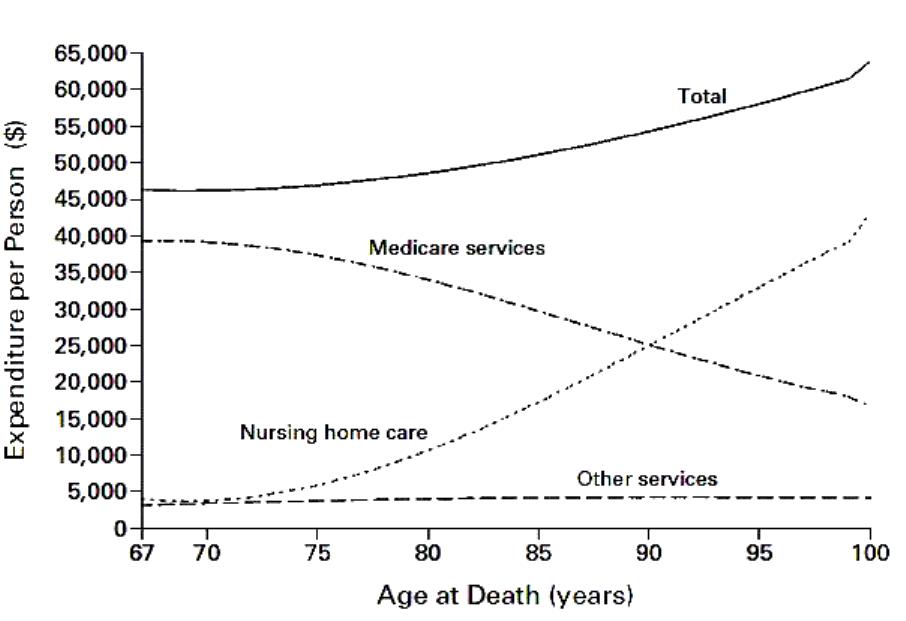This is Peter Orszag:
Our common perception is that retirement is a time when we can relax and take better care of ourselves after stressful careers. But what if work itself is beneficial to our health, as several recent studies suggest?
The evidence is mixed, but:
Examining the growing educational gradient in life expectancy from 1997 to 2006, Montez and Zajacova focused on white women ages 45 to 84. In addition to differential trends in smoking by education, they concluded that among these women “employment was, in and of itself, an important contributor.” The life expectancy of less-educated women was being shortened by their lower employment rates compared with those of highly educated women.


